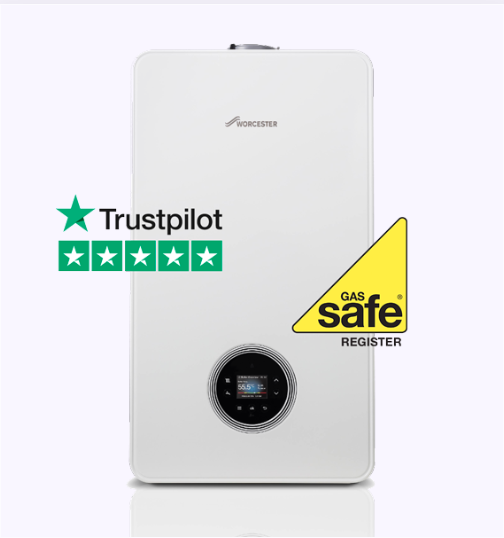How Much Does An Air to Water Heat Pump Cost?
The cost of an air to water source heat pump can vary based on factors such as the brand, model, capacity, and complexity of the installation. Typically, air-to-water pumps can cost anywhere from £8,000 to £17,500. This range covers various options suitable for different property sizes and heating needs.
It’s important to note that while the upfront cost may seem significant compared to traditional gas or electric boiler installation, the energy efficiency and long-term savings associated with air to water heat pumps often make them a cost-effective and environmentally friendly heating choice.
If you are looking to change your home heating system, Warmable launched to make boiler replacement easy, so for precise pricing tailored to your project, get in touch with us today and we will connect you with a certified heat pump specialist in your area.



